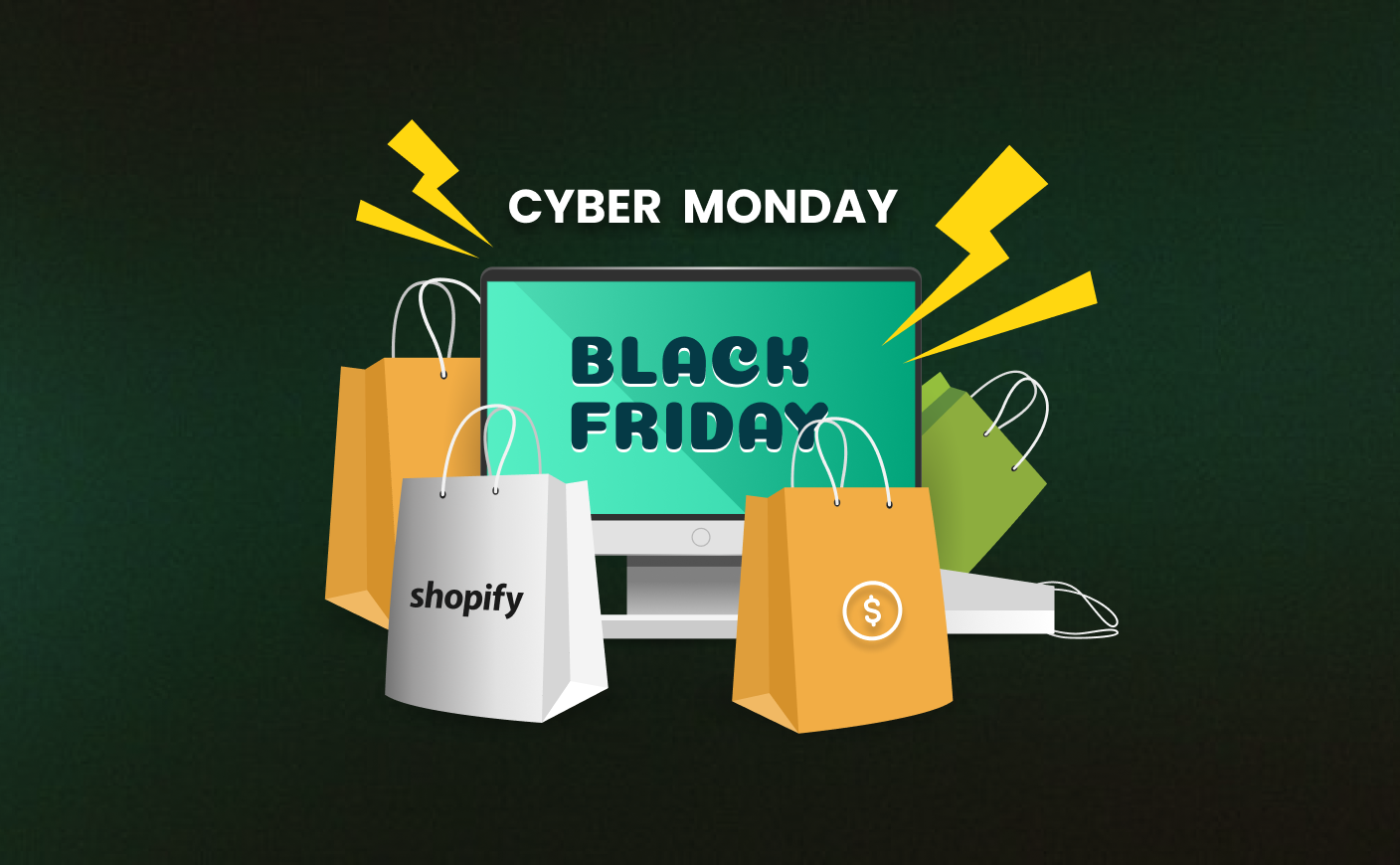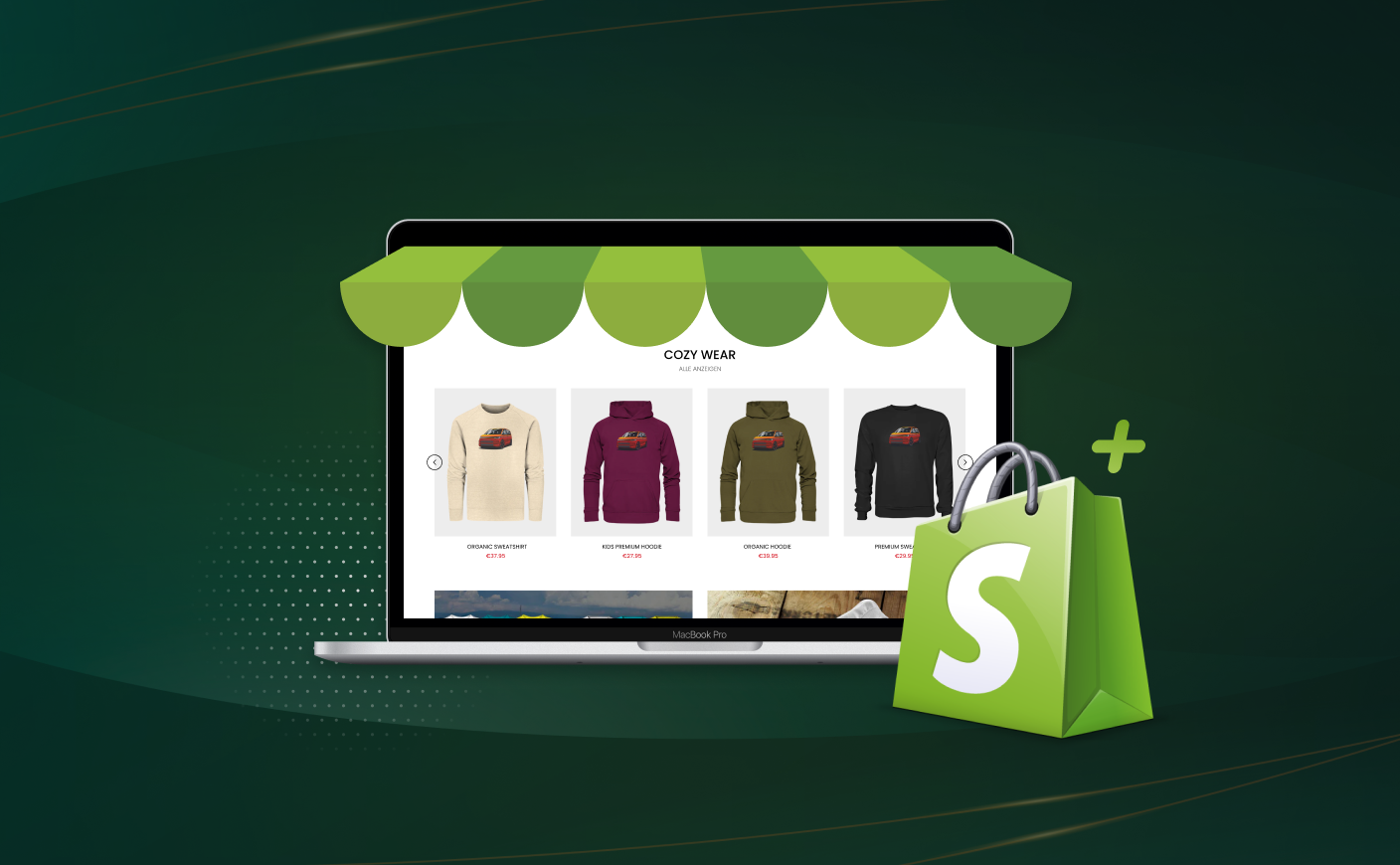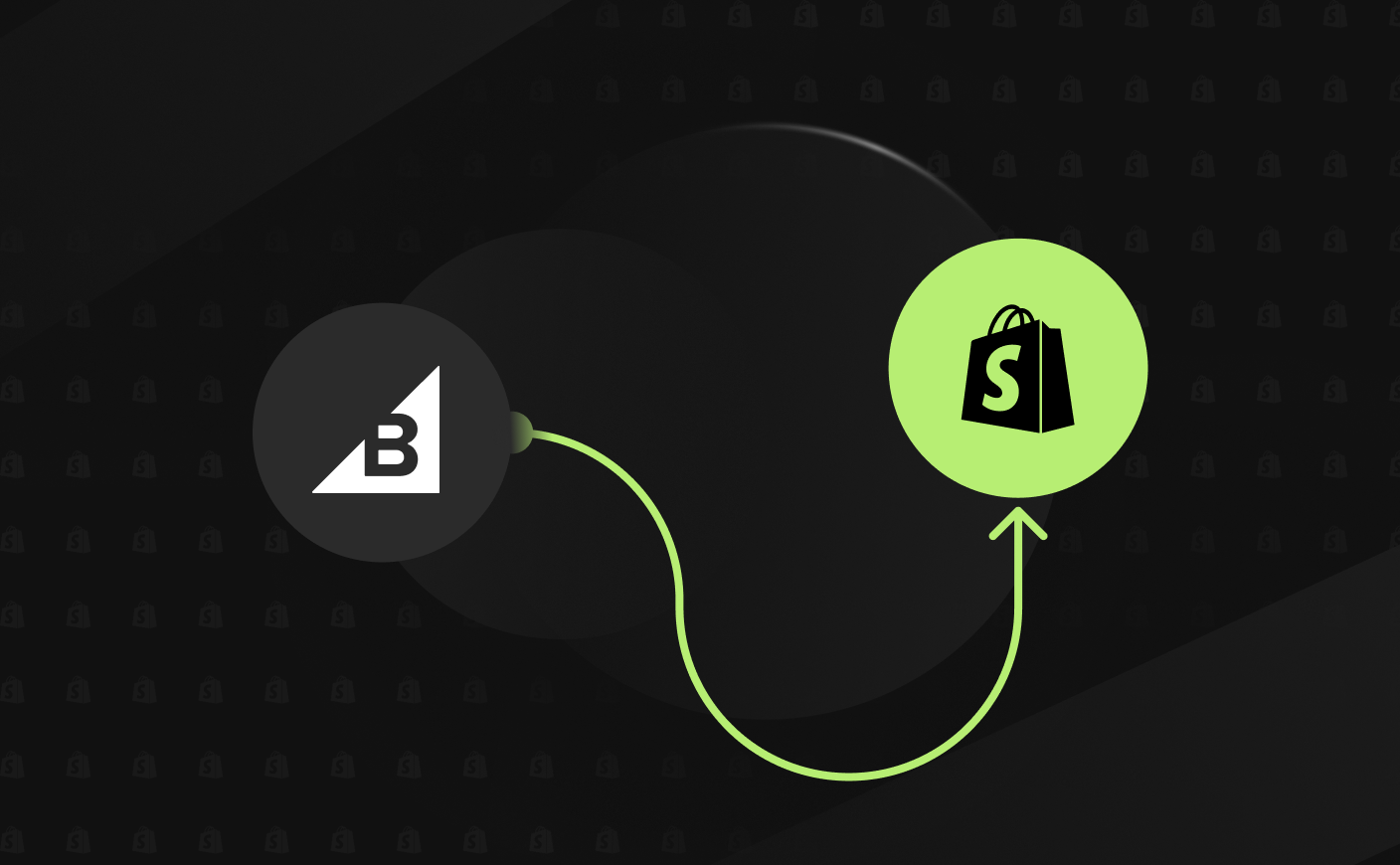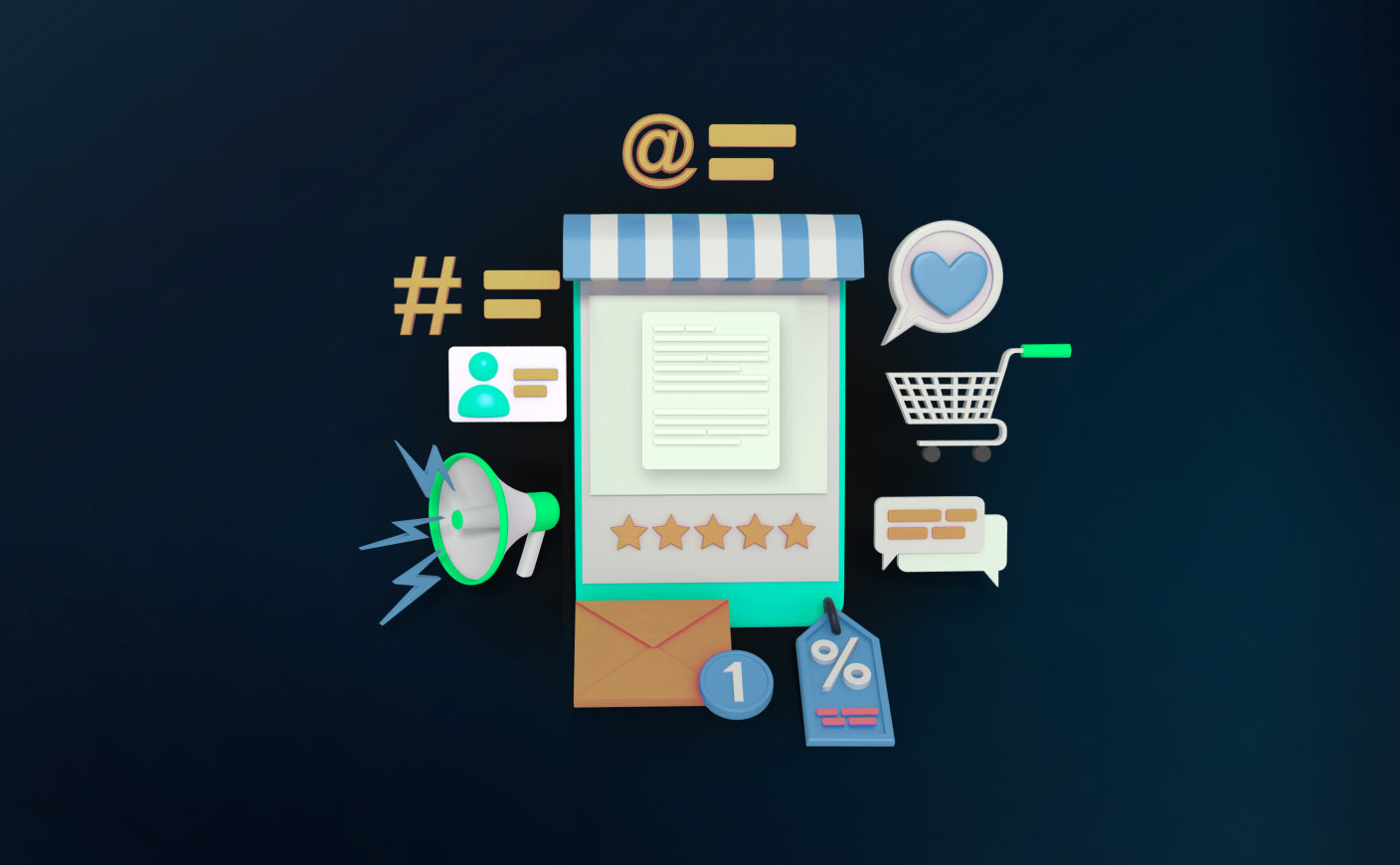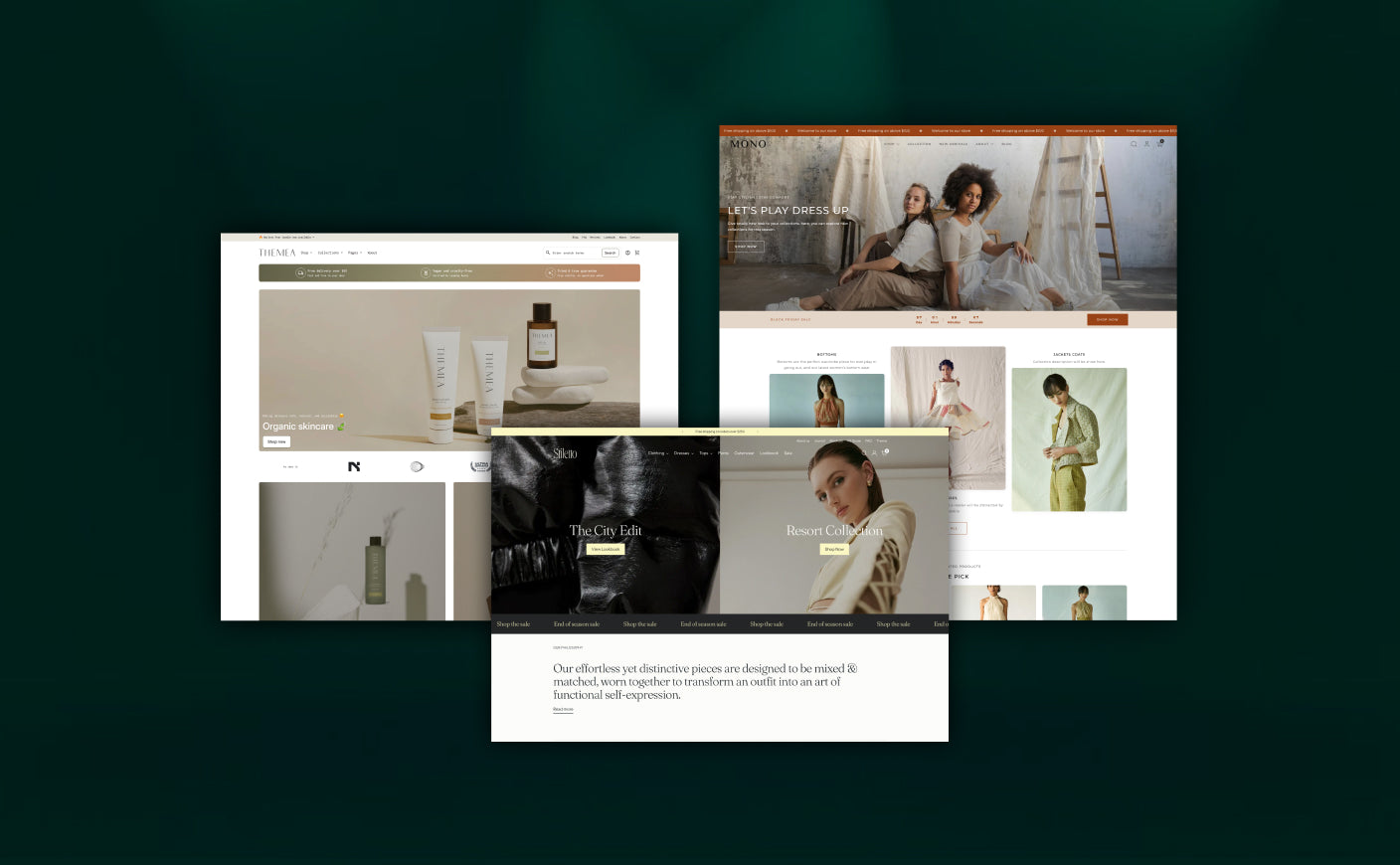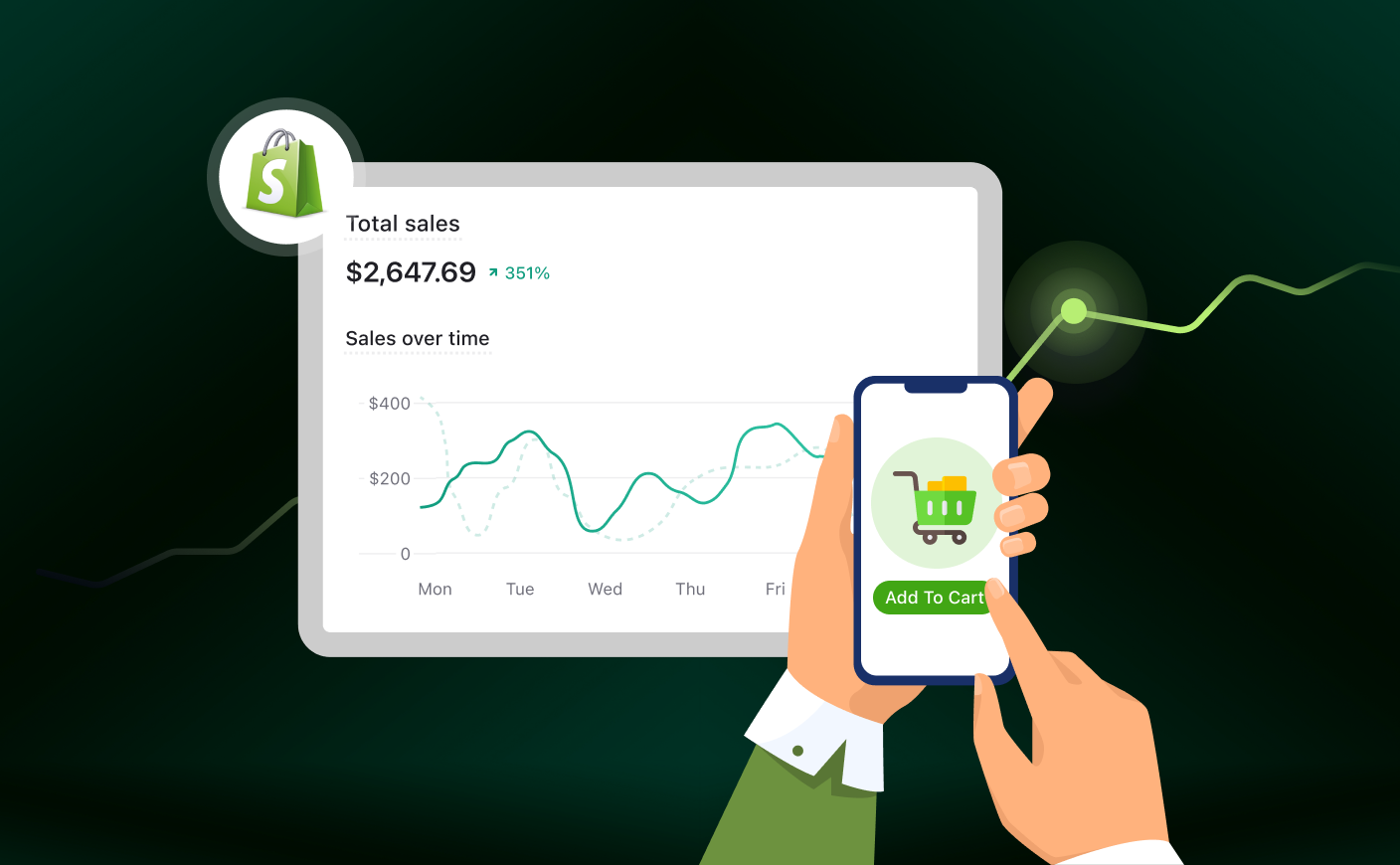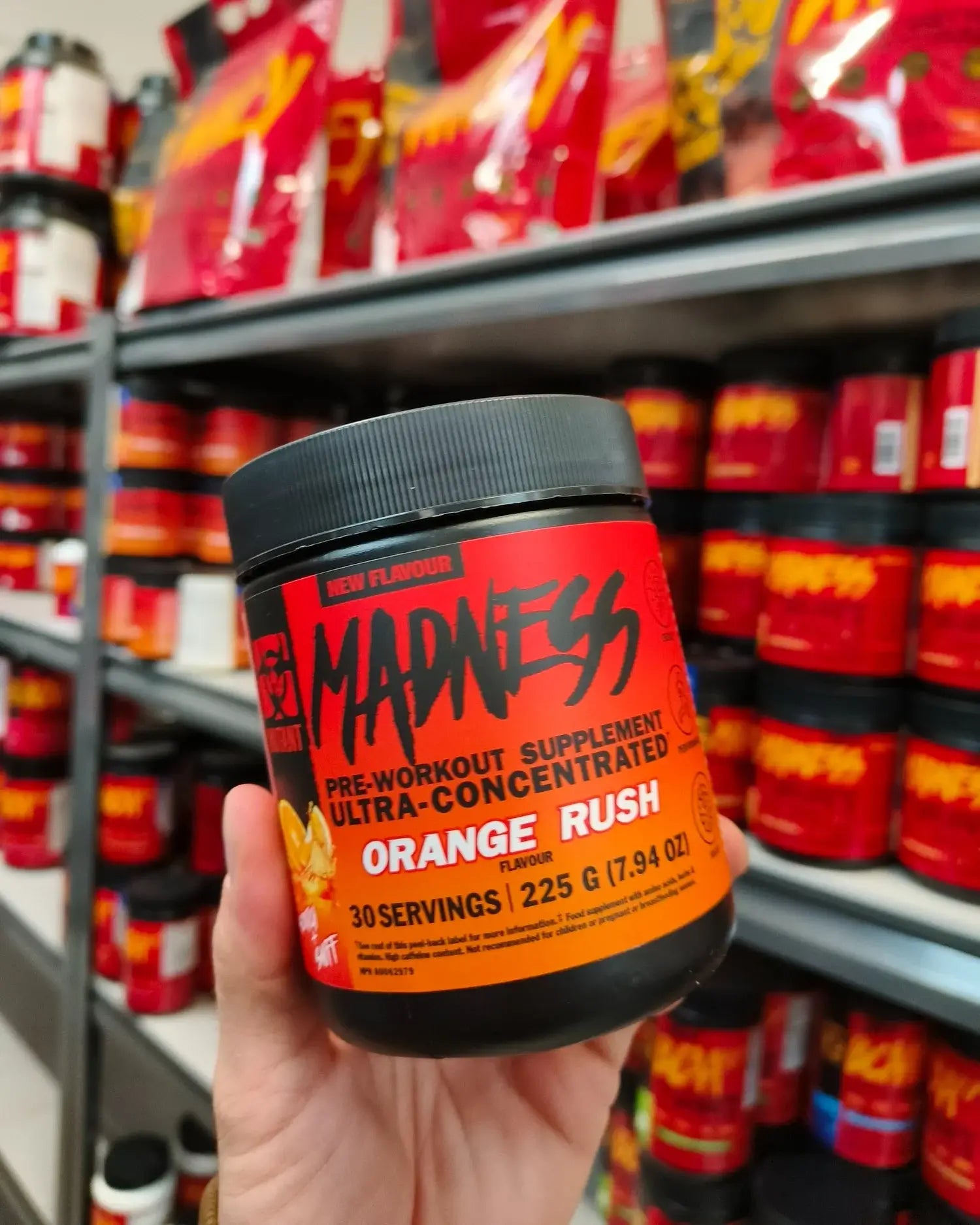Is Shopify Plus Worth It for D2C Brands? Here’s the Truth
shopify
Shopify D2C
Shopify plus Shopify

Did you know D2C ecommerce sales in the US are projected to hit $186 billion in 2025? (source: statista)
Therefore for brands, the question is no longer whether to sell online, but how to stand out in a crowded marketplace. The right ecommerce platform will help you grow, improve customer experience, and improve profitability.
Shopify Plus, often recommended as the go-to platform, offers advanced features, automation, and dedicated support. Everything is designed to help a D2C business scale faster.
But with higher pricing, many founders are left wondering if Shopify Plus is truly worth the investment?
In this blog we are going to break down everything ranging from its key features, pricing structure, and how successful D2C brands are using it today. By the end, you will have a clear understanding of whether Shopify Plus fits your business goals to help you make the right call.
Why Shopify Plus Works So Well for D2C Brands
Shopify Plus is the enterprise ecommerce platform built for D2C brands ready to grow fast. Trusted by big names like Gymshark, Allbirds, and Kylie Cosmetics, it offers the advanced features that modern brands need to stay competitive.
Here’s what makes Shopify Plus stand out:
-
Full checkout customization through access to Shopify extensibility and Shopify functions.
-
Higher API limits to support complex builds and third-party integrations
-
Unlimited staff accounts to manage large teams at no extra cost
-
Built-in automation tools like Shopify Flow and Launchpad
-
Dedicated launch engineer and priority support
For D2C brands, this matters because today’s shoppers expect fast and frictionless experiences. Meeting those expectations requires a platform that can keep up with growth.
Shopify Plus helps with:
-
Managing high order volumes without slowdowns
-
Smooth omnichannel selling across social, marketplaces, and offline touchpoints
-
Automating marketing and operational workflows
-
Expanding globally with multi-currency and localized storefront.
Also read: Popular clothing brands using Shopify plus in 2025
Key Benefits of Shopify Plus for D2C Brands in 2025
Here’s how the plus plan creates real value for high-growth D2C brands in 2025:
#1 Perfect for Viral Growth
When your product takes off whether on TikTok, Instagram, or through a flash sale, you need a backend that keeps up.
-
Shopify Plus can handle over 10,000 transactions per minute, ensuring no downtime during peak sales
-
Supports up to 9 expansion stores, perfect for running international stores or managing multiple sub-brands
#2 Customized Checkout Experience
The checkout is where sales are won or lost. The Shopify plus plan offers exceptional control with Checkout Extensibility.
-
You can add gift options, delivery instructions, and upsell blocks with app-based extensions
-
Leverage Shop Pay, which converts up to 4x better than guest checkout (source: Shopify)
#3 Omnichannel and B2B/D2C Integration
Selling across channels and customer types is simple and unified.
-
You can get POS Pro for free across 20 locations (expandable to 200 with Shopify Payments), syncing inventory and sales
-
It also has built-in B2B features including Net payment terms, wholesale catalogs, and volume-based pricing
-
Also, comes with native integrations such as Instagram, TikTok Shop, Amazon, and Pinterest which brings your brand directly to your audience
Also read: 5 Best B2B services every brand needs in 2025
#4 Automation for Efficiency
Save time and reduce manual work with built-in automation tools including:
-
Shopify Flow: Automates customer tagging, low-stock alerts, and loyalty rewards
-
Launchpad: Lets you schedule holiday campaigns, product drops, and discount rollouts in advance
-
Shopify Functions: Replaces Shopify Scripts by August 2025, allowing custom pricing and promotions. No third-party app needed.
#5 Global Selling Made Simple
If you are expanding internationally, this ecommerce platform makes it manageable and compliant.
-
Shopify Markets Pro supports over 50 countries with localized pricing, currency conversion, duties, and tax setup
#6 Marketing And Analytics
You can get smarter with your customer data and ad spend.
-
Shopify Audiences syncs with Meta and Google Ads to create high-intent, custom audiences, lowering acquisition costs
-
Build predictive analytics reports using 24 months of store data to guide personalized marketing
Shopify Plus Pricing: Is It Worth It for D2C Brands?
Now that we know that this plan offers pretty much everything that you would require to stand out in a competitive marketplace, it comes at a price.
Let’s break down the real costs and whether the value aligns with your growth goals.
Shopify Plus pricing works on a subscription model with two contract options:
-
$2,300 per month with a 3-year commitment
-
$2,500 per month with a 1-year commitment
For high-volume brands, Shopify may switch you to a revenue-based pricing model:
 Additional costs to consider:
Additional costs to consider:
While the base fee covers most core features, here are some extra costs that D2C brands should plan for:
Transaction Fees:
-
0.2% if you use third-party payment gateways (like Stripe or PayPal)
-
0% with Shopify Payments, making it the most cost-effective option
Third-Party Apps:
-
Depending on your tech stack, apps for email marketing, advanced search, loyalty, or reviews may add $60 to $600 per month
Custom Development:
-
Building a custom theme or integrating with your existing tech stack can cost $0 to $5,000+, depending on complexity
Migration or Setup Costs:
-
If you're moving from WooCommerce, Magento, or BigCommerce, you may need agency help for data transfer, design, and integration
-
Expect a one-time setup investment, especially for complex product catalogs or multi-location setups
Now that we’ve broken down the costs, let’s look at whether Shopify Plus justifies its price tag, especially for fast-growing D2C businesses.
Best Fit: Brands Doing $1 Million or More in Annual Revenue
If your brand is crossing the $1M sales mark, Shopify Plus starts making financial sense. This is because:
-
Lower transaction fees and platform efficiencies can offset the base fee.
-
You gain access to advanced features that would otherwise require costly apps or developers.
-
You save thousands per year on third-party tools and technical maintenance.
Not Ideal for Smaller Brands
If your D2C business is generating less than $500K/year, the $2,300 monthly fee could outweigh the benefits.
-
You might not need features like Shopify Flow or expansion stores yet.
-
Lower-tier Shopify plans (like Advanced) may offer better value at this stage.
Also read: Best Shopify and Shopify plus agency in 2025
Shopify Plus vs Other Enterprise Platforms (2025)

How Shopify Plus Increases ROI for D2C Brands
Here’s how the plus plan can actively contribute in increasing your return on investment.
Lower Total Cost of Ownership
Unlike platforms like Magento or Salesforce Commerce Cloud, Shopify Plus includes hosting, security, and regular updates in its pricing. This all-in-one model reduces reliance on third-party services.
According to a study, brands on Shopify Plus have 23% lower platform costs and 33% lower implementation costs than competitors. (source: Shopify)
High Conversion Rate
With features like Checkout Extensibility and Shop Pay, Shopify Plus delivers a frictionless checkout experience. Shop Pay alone improves conversion by up to 50% compared to guest checkout (source: Shopify)
On average, Plus merchants see a 15% improvement in conversions over other ecommerce platforms (source: Shopify)
Smarter Marketing and Automation
Shopify Audiences helps brands lower ad spend by targeting high-intent shoppers across Meta and Google.
Meanwhile, Shopify Flow and Launchpad automate key processes like inventory management, campaign scheduling, and loyalty flows. This helps to cut down manual work and human error.
Final Thoughts
At the end of the day, a brand wants a platform that gives them the breathing room to focus on what matters most: building great products, telling better stories, and reaching customers wherever they are, and Shopify offers just that! The plus plan offers the kind of upgrade that quietly powers bold moves behind the scenes.
If growth is on your roadmap, it’s worth thinking about not just where you are today, but where your store needs to be tomorrow.
Frequently Asked Questions
Is Shopify Plus really worth it for D2C brands making under $1 million?
The plan is perfect for brands with complex operations. For D2C brands making under $1M annually, the cost may outweigh the benefits unless you're scaling fast, need custom checkout features, or plan to expand globally. Many brands begin on Shopify Advanced and upgrade when growth justifies it.
What’s the difference between Shopify and Shopify Plus for global selling?
Shopify Plus offers advanced tools like Shopify Markets Pro, multi-currency checkout, and localized domains, features not fully available on standard plans. These tools simplify international selling and compliance, making it easier to launch in multiple regions without rebuilding your storefront.
Can Shopify Plus replace third-party automation and analytics tools?
In many cases, yes. With built-in tools like Shopify Flow, Launchpad, and Shopify Audiences, Plus users can automate marketing, operations, and reporting without relying on expensive third-party apps. It significantly reduces tech stack complexity for D2C brands.
How long does it take to migrate to Shopify Plus from another platform?
Most migrations take 4 to 8 weeks, depending on store complexity, data volume, and whether you’re working with a Shopify Plus Partner. Brands with multiple storefronts or custom backends may require a longer timeline, but Shopify’s launch engineers help streamline the process.


